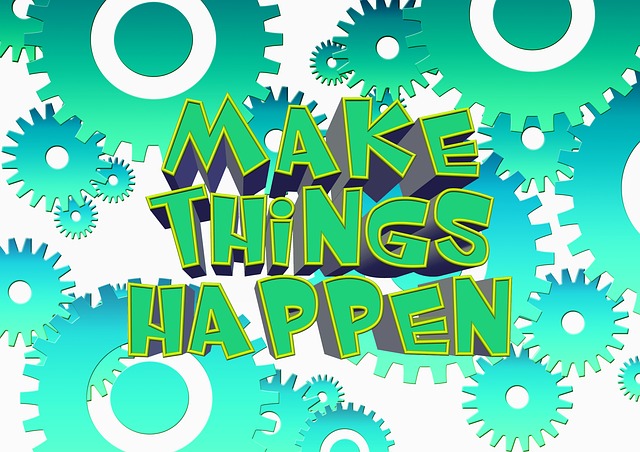Causative verbs

When you have two verbs together, what form should the second verb be? The first answer to this question is on my page on gerunds and infinitives. The second answer is on my page on verbs of perception. The third answer is with the causative verbs: make, let, have, help and get. These verbs cause someone else to do the second verb. After these verbs, there is an object (someone else) before the second verb (except sometimes with help.) With all the causatives but get, the second verb is in the simple form (the infinitive without to.) Let’s look at each of these causative verbs separately.
Make: means to force someone to do something they don’t want to.
Examples:
My parents made me go to summer camp every summer against my wishes.
Her brother made her stay out of the tree house when he was there.
Let: means to give someone permission to do something.
Examples:
He let his son drive the car for the first time last Saturday.
Please let me stay a little while longer.
Have: means to ask or order someone to do something.
Examples:
She had the painters start with the two bedrooms on the second floor.
The sergeant had all his men do a five-mile run at the end of every day.
When the verb after have repeats or continues for a long time, you can use the present participle.
Examples:
My boss had me working everyday from 8:00 pm. to 3:00 am. (Working was a long, continuous action.)
My boss had me work on Sunday last weekend. (Work was only that one time and not repeated.)
The news had them jumping for joy. (Jumping was repeated.)
The coach had the team jump over the fence. (They jumped once.)
When have is used in the passive voice, the second verb is a past participle.
Examples:
She had her hair restyled at Maxime’s across the street.
Will you have the flowers sent straight up to our room when they arrive, please.
Help: means to do a job that benefits someone else. There doesn’t have to be an object.
Examples:
He helped clean the kitchen after breakfast.
Everyone helped us move into our new apartment.
After help, you can also use the infinitive with no difference in meaning. There doesn’t have to be an object.
Examples:
He helped to clean the kitchen after breakfast.
Everyone helped us to move into our new apartment.
Get: means to ask, order, trick, or pay. However, the second verb is not in the simple form. It is in the infinitive form (with to.)
Examples:
Johnny got his brother to hide under the bed.
She got the teacher to agree to give her more time for the project.
When get is used in the passive voice, the second verb is a past participle.
Examples:
He got his car painted after the accident, and now it looks almost new.
We have to get it done by the end of the day.
There are other causative verbs like allow, cause, convince, pay, permit, require, etc., but they are always followed by the infinitive.
Examples:
They allowed the prisoner to go to his wife’s funeral.
She paid the gardener to take good care of her flowers.
The law requires us to have a Visa for that part of the world.
Your Score:
Your Ranking:
© 2013 Ambien Malecot